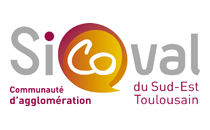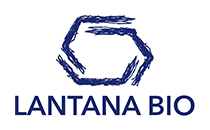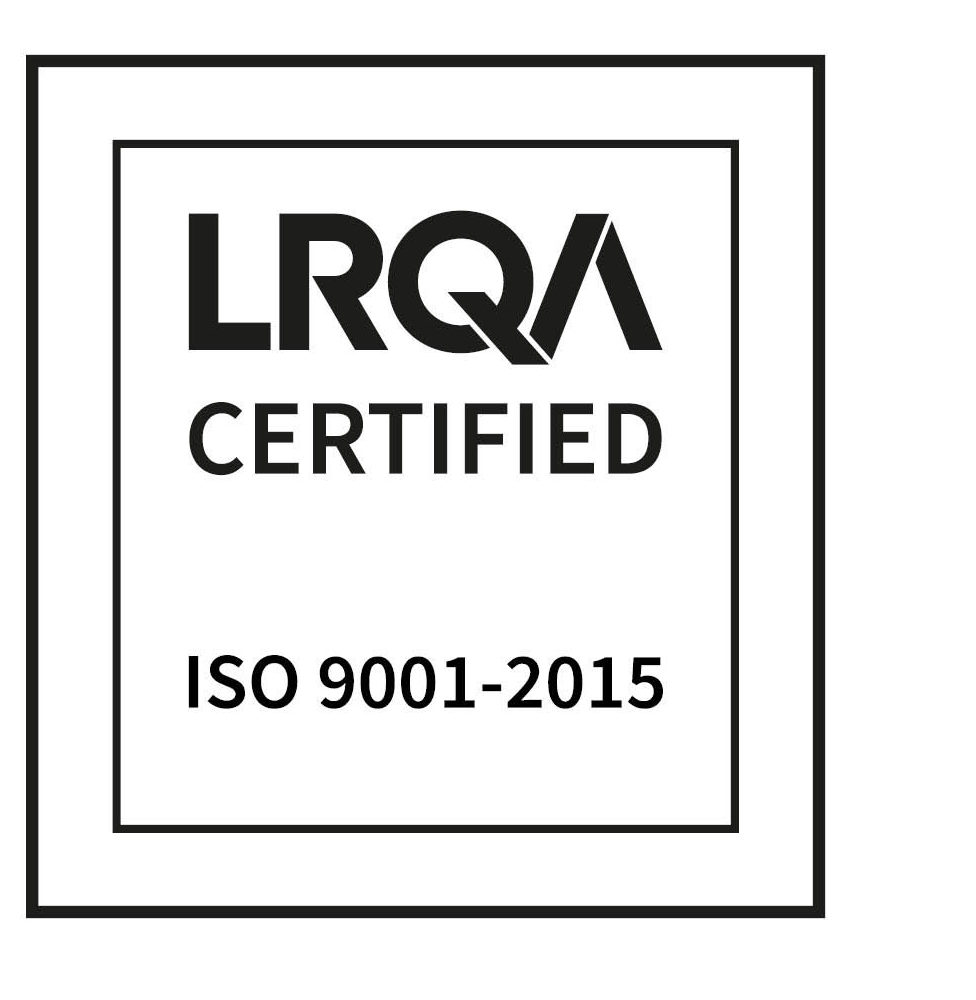TWB supports iGEM 2018
TWB provides financial support to the iGEM University of Toulouse 2018 team and to the iGEM Institut Pasteur 2018 team.
About iGEM (international Genetically Engineered Machine)
The prestigious iGEM competition in synthetic biology is organized by the MIT (Massachusetts Institut of Technology). This competition aims to promote the development of synthetic biology and its teaching.
Every October since 2004, in Boston (United States), it has brought together more than 300 teams of biology students from all over the world.
The iGEM 2018 projects will be presented in Boston from October 24 to 28, 2018.
http://igem.org
The iGEM Toulouse 2018 project “Cerberus”
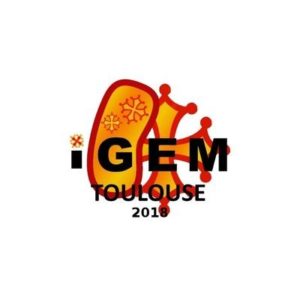 The iGEM Toulouse 2018 team is composed of nine students from INSA Toulouse and Paul Sabatier University (University of Toulouse). It is supervised by researchers from the LISBP (Laboratoire d’Ingénierie des Systèmes Biologiques et des Procédés, Toulouse, France), the LBME (Laboratoire de Biologie Moléculaire Eucaryote, Toulouse, France) ans the IGB (Institut Gaston Berger, Lyon, France).
The iGEM Toulouse 2018 team is composed of nine students from INSA Toulouse and Paul Sabatier University (University of Toulouse). It is supervised by researchers from the LISBP (Laboratoire d’Ingénierie des Systèmes Biologiques et des Procédés, Toulouse, France), the LBME (Laboratoire de Biologie Moléculaire Eucaryote, Toulouse, France) ans the IGB (Institut Gaston Berger, Lyon, France).
The aim of the project is to design innovative textiles with infinite possibilities by functionalising cellulose. From conductive paper to anti-infection tissues, applications domains are aplenty (medicine, textile, stationery, etc). The major bottleneck is the complexity to conjugate bioactive molecules to cellulose.
To circumvent this limitation and enable a wide range of chemicals to be fixated to cellulose, a three headed linker protein named Cerberus (in reference to the mythological dog) will be designed. Cerberus is based on the fusion of three fixating protein structures representing the three heads of the system. The versatility of the thought-out linker will allow a large variety of organic and inorganic molecules to conjugate with cellulose.
http://2018.igem.org/Team:Toulouse-INSA-UPS
The iGEM Institut Pasteur 2018 project “NeuronArch”
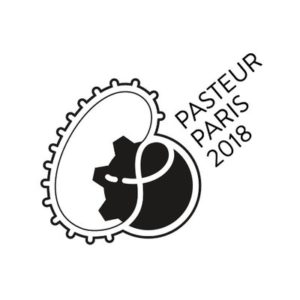 The Pasteur Institute has assembled a team composed of students from different backgrounds: biologists (UPMC Sorbonne University, Sup’Biotech), designers (ENSCI – Les Ateliers), lawyers (Faculté Jean Monnet) and engineers (Centrale-Supélec, Chimie ParisTech, École Polytechnique, ESPCI Paris).
The Pasteur Institute has assembled a team composed of students from different backgrounds: biologists (UPMC Sorbonne University, Sup’Biotech), designers (ENSCI – Les Ateliers), lawyers (Faculté Jean Monnet) and engineers (Centrale-Supélec, Chimie ParisTech, École Polytechnique, ESPCI Paris).
The prolonged wearing of prostheses in people with disabilities remains potentially dangerous to health. Some prostheses require the implantation of an internal device conducive to the development of a population of microorganisms, commonly called biofilm. The coexistence of an internal device and an organic member can lead to complications due to the appearance of infectious foci linked to the presence of pathogenic microorganisms within these biofilms.
The NeuronArch project aims to solve this problem with an original solution. This device is a new type of biofilm placed at the interface between the synthetic prosthesis and the organic limb concerned. It facilitates nerve connection and increases implant life while preserving patient health.
Twitter: igem.pasteur2018



